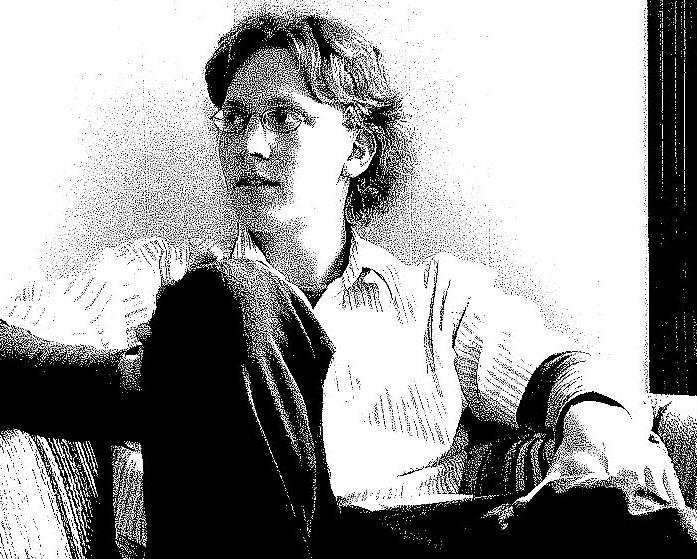Our water bottle
This is a story that exemplifies the difference between American culture and Moldovan culture, especially in small villages.
If you read the previous post, you know that I was at the opening day for the sports season. I knew that I was going to wrestle, so I took with me a 2 liter bottle of water. As I approached the mass of people surrounding the wrestling mats placed in the grass, I held the bottle in my hand, near my hip. Most of the people were village folk or kids from the school. I stood on my tippy toes to watch the match between two 8 year olds (the winner gets a rooster) and a man who I’ve never met asked me for some water. Well, you can’t really say no, so I gave it to him. Undestand that most people in moldovan villages have minimum 1 gold tooth and do not have the best hygiene (oral or otherwise). As a result, I immediately decided that I was not going to drink anything more out of that bottle. A fat man asked me for water. I gave him the bottle. A skinny man asked me. I gave him the bottle. Another random person asked for water for his young son, and I gave them the bottle. They both drank. When I saw only a little remained I said they could have the rest. He gave me the empty bottle back.
This probably won’t happen in
It’s a funny outcome. It seems that sharing is good, and even the fact that being open enough to ask for something from a person with whom you haven’t met formally is also good. The fundamental problem is the assumption that you MUST give something if you have it. If that assumption didn’t exist and I could say “no, I need this water” then the outcome might be different. But instead you end up with a lot of thirsty people and no water.
I think that any social interaction which ends up one party having to refuze, even politly, are avoided. In our culture there is a built in shame in asking for things that aren’t ours, and as a result we avoid interactions that could end in someone saying “no, this is my water”. However, in
Final thought – humans are weird and impossible to know without living with them.


4 Comments:
I'm impressed with your site, very nice graphics!
»
Great site loved it alot, will come back and visit again.
»
Another cultural difference that an American wouldn't be prepared for. Americans are fastidious, for the most part. We expect our food (and water)to be in sanitary, individually packed containers that we wouldn't even consider sharing with anyone else. If we go to an event, we bring a cooler full of cans. If we bring a quantity of drink to share, we bring cups. Probably no such thing a paper cups in Moldova.
no, no paper cups, no in my town, anyway. I think sometimes the weirdest cultural things end up helping a culture develop, even if it seems that it would be the opposite.
Post a Comment
<< Home